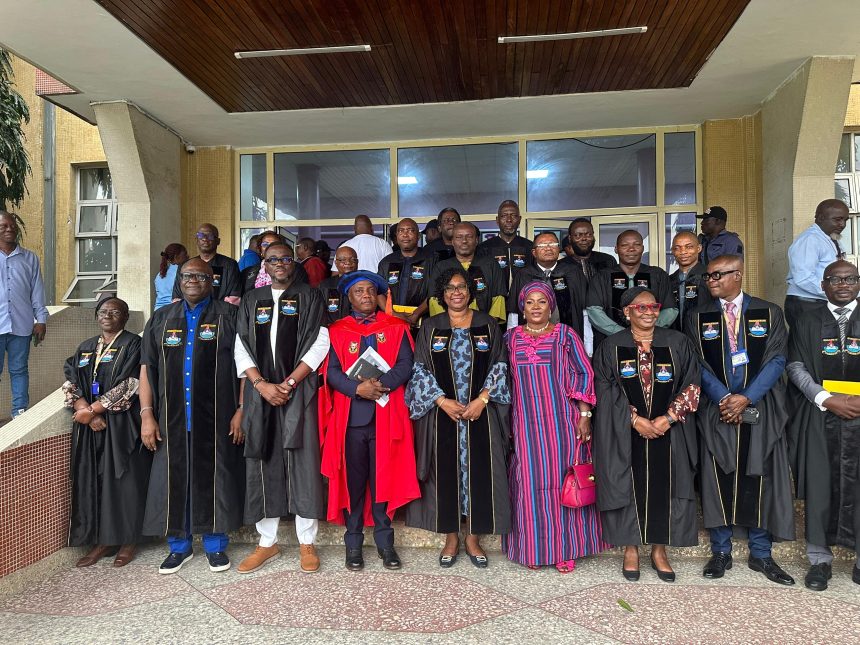Professor of Migrations, Refugee and Diaspora Studies, Department of History and International Studies, Faculty of Arts, Lagos State University (LASU), Ojo, Professor Olawale Iskil Lawal has said Nigeria has the capability to harness Diaspora Remittance (DR) to tackle some of her developmental and infrastructural challenges with the code name DR ERHEH scheme.
This, he said, include Electricity, Roads constructions and repairs, Health, Education and Housing.
Professor Lawal who stated this while delivering the 110th inaugural lecture of the university on Tuesday also explained that migration is inevitable but the country can use it to its advantage to enhance national development especially with the statistics that Nigeria has the second highest Diaspora Remittance after Egypt.
According to him, the increasing interventions of the DR in direct economic development in home countries have changed the trajectory from just being a private flow of a remitter to his families to the level where Diaspora Remittance is now significant in improving the growth prospects of countries and institutions.
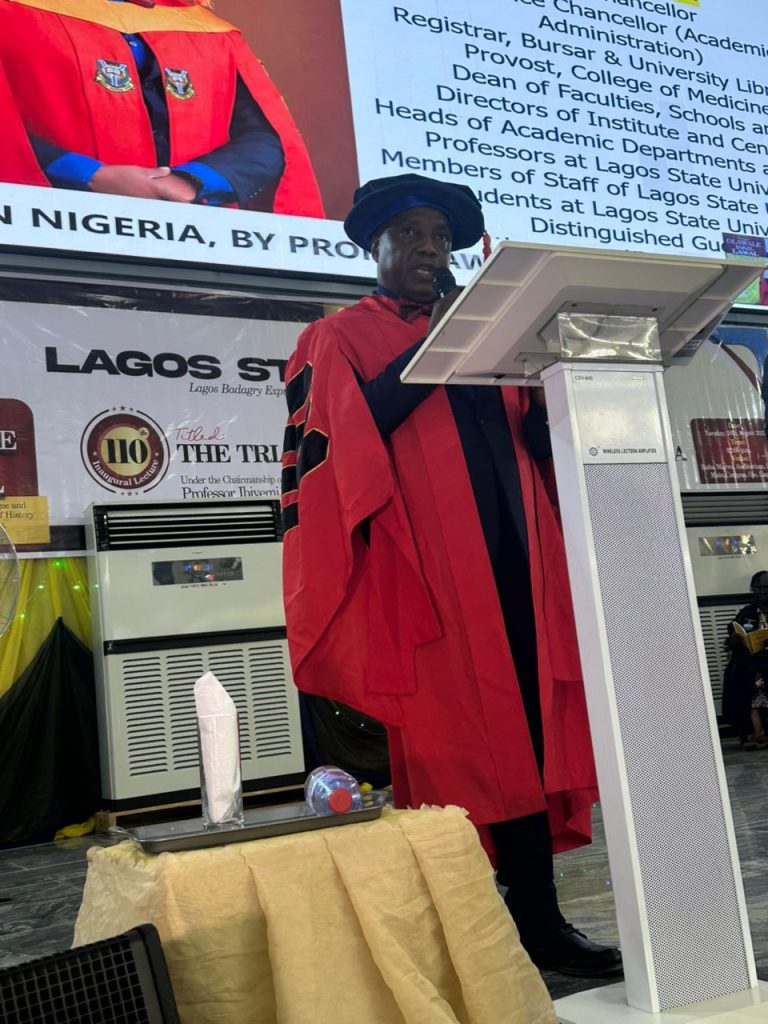
“Diaspora remittance provides the snowball framework in the analysis of impact of emigration and one of the positive accruals of people leaving their countries especially when the economies are showing signs of normative fatigues, in not too strong economies, remittance inflows represent very large shares of Gross Domestic Product (GDP).
He said that the scheme is expected to raise diaspora bonds of measurable target without any derogation, whether exigencies or planned and design policy that will require an outstanding collaboration between the set of stakeholders and the sectors.
According to him, the crux of this intervention is how diaspora remittance can make direct impact on government infrastructural development initiatives. “This should not be confused with private diaspora remittances geared towards private direct investments, like a diaspora who builds houses, school or even hospitals through personal initiatives.”
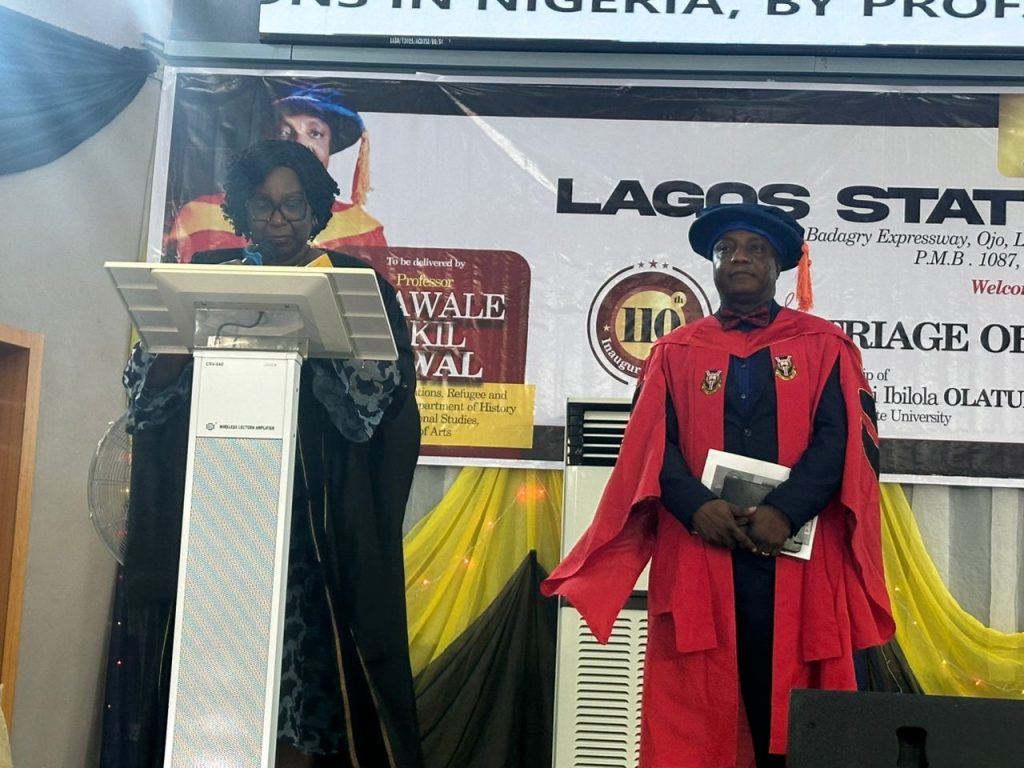
He added that although studies have shown that because DR is sourced from private financial endeavours, it may be difficult to determine how much of government control can be exerted, “but government response to this is often to steer clear of the clamour for diaspora investment but build regulatory mechanism for the flow.
“That is why experts have the responsibility to identify how remittance can cross national hurdles in form of sequencing to meet target objectives,” he added.
On implementation, the inaugural lecturer said the proposed DR ERHEH scheme would be used as basis of decision making where there are clear challenges in the areas which the scheme has identified.
“Depending on availability of fund the scheme can be taken in phases or wholesome,” he advised.
He also added that there will be a task force which will consist of primary stakeholders and experts. “The task force will draw an implementation plan which should include expectations in terms of returns to fit the original motive for investment.” He however said it must be regulated by national laws taking into cognizant the international regulatory bodies.”
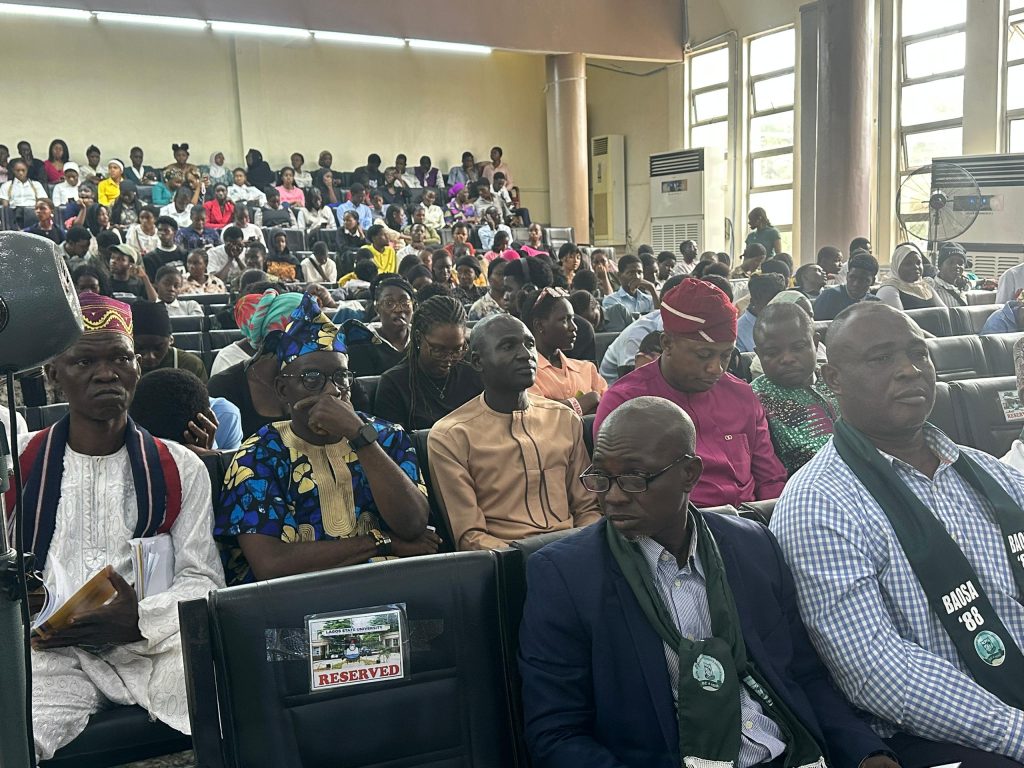
Speaking on solutions to challenges on the scheme, Prof. Lawal advised government to move away from appeal to policy based approach where remitters will be dealing with institutions and not individuals.
“Government should also embrace new innovations otherwise obstructed by insistence on unnecessary procedures by government rules and by targeting high skilled migrants for remittance sourced mainly from Nigerian diaspora population to raise diaspora bonds of measurable targets for the scheme.
He also added that government agencies have important roles to play in identification of domains of remittance, extensive interaction with Nigerians in the Diaspora as well as interactions with international and national regulations of remittance.
Prof. Lawal however called for caution, stating that the impact of diaspora remittance on African should be evaluated with caution since most of the data that made it to global reckoning are calculated in actual remittance per population.
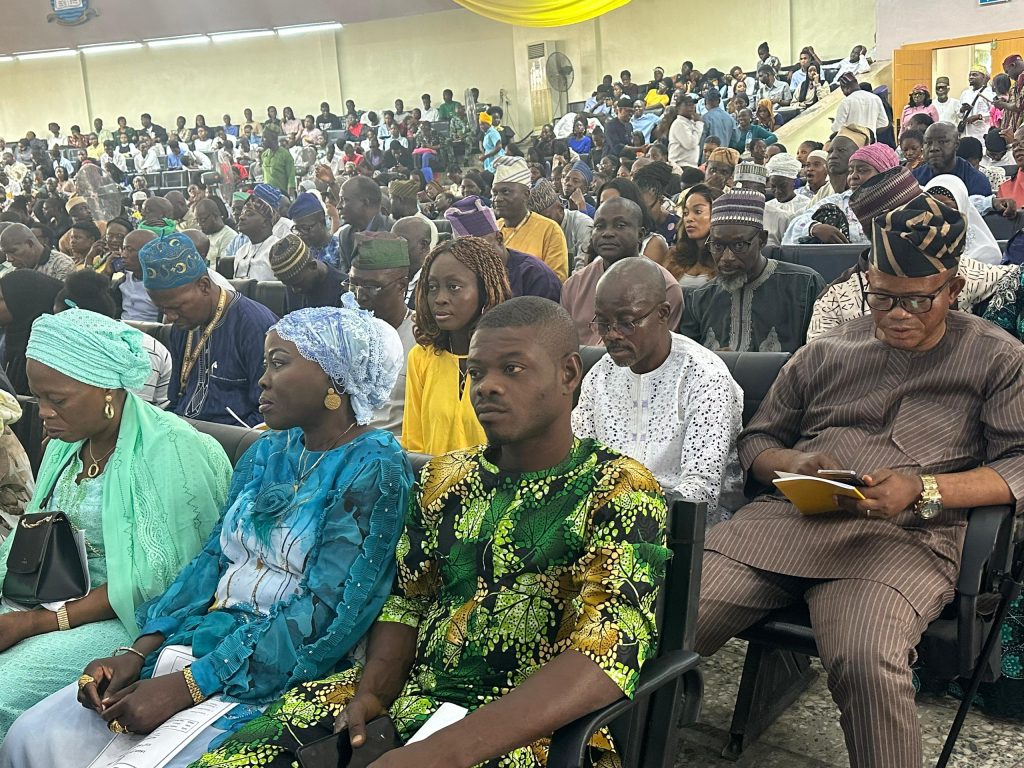
He explained further that Diaspora Remittance is a data driven endeavour because it needs specificity to objectify its goal, but there is always levels of divergence in the relationship between data and human natural interjection.
“Today, Direct Foreign Investment (DFI) has strong data base with the Central Bank of Nigeria and is rated above diaspora remittance because of access to its formal operations.
However, rather than despair, we must unbundle the barriers and strengthen existing agencies and squeeze out innate possibilities,” he said.
BV.


